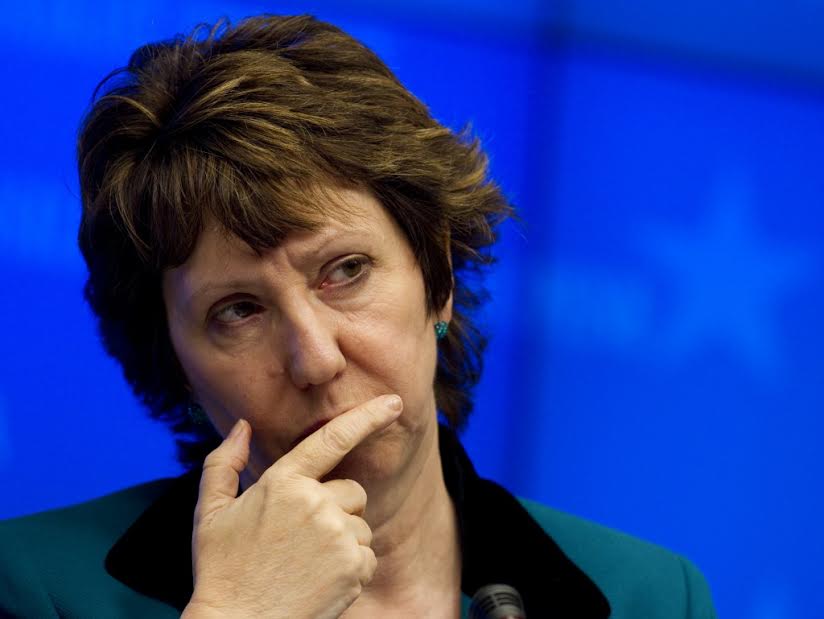Ashton’s Contradictions on Financial Support to the Polisario
 Many members of the European Parliament are worried about the final recipients of the annual humanitarian assistance granted by the European Union to the Tindouf camps populations.
Many members of the European Parliament are worried about the final recipients of the annual humanitarian assistance granted by the European Union to the Tindouf camps populations.
For these MEPs, the aid benefits first and foremost the Polisario leaders who use it to build their savings accounts abroad.
The European Commission (EC) has been granting since 1993, through the Directorate General for Humanitarian Aid (DG ECHO) an annual humanitarian assistance worth € 10 million normally destined to the Tindouf camps populations.
The embezzlement of this aid and other assistance was denounced on many occasions by the Western media, NGOs and civil society activists, but there has never been any independent international investigation on the matter.
In response to a written question from the French MEP Gilles Pargneaux on these misuses, the EU High Representative for Foreign Affairs Catherine Ashton reassured the MEP that the Union’s humanitarian aid “cannot be regarded as a support from Brussels to the Polisario Front.”
Asked about another issue that has been raised by the media, NGOs and observers, namely the sexual abuses and gender-based violence committed by the Polisario leaders against women in Tindouf, Catherine Ashton referred to the United Nations High Commissioner for Refugees (UNHCR) to assert that “no cases (of sexual abuse) have been reported in recent years in the Tindouf camps.”
But oddly enough, she said right afterwards that the UNHCR and two local associations are present in the camps “to help the victims of such violence and that mechanisms exist to ensure that the victims receive the appropriate care and support.”
Observers deem Ashton’s explanations contradictory and unconvincing. They say they do not understand how the UNHCR can rule out the existence of sexual violence and at the same time provide assistance to victims of such abuses.
They argue that if the UNHCR was actually free to intervene in the camps, it could have identified the Sahrawi populations confined in Tindouf in the Algerian desert, as called for by UN resolutions.
As an evidence of such abuses, the local Laayoune TV station has recently aired a damning testimony of a Sahrawi widow who affirmed she has been raped in Tindouf by the former Minister of Defense of the Polisario, Brahim Ghali.
Unfortunately, so far no senior leader of the Polisario has been brought to justice for such acts (sexual abuse / aid misuse) or for any other abuse or human rights violation.

